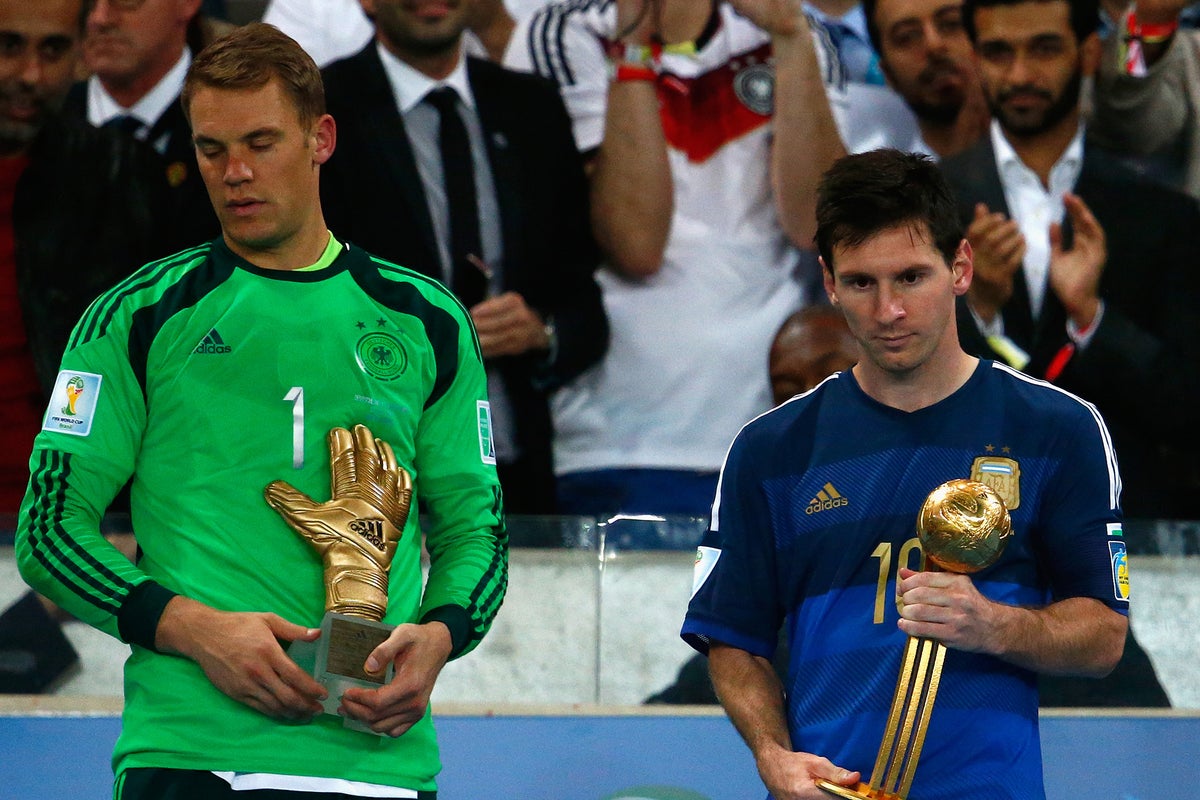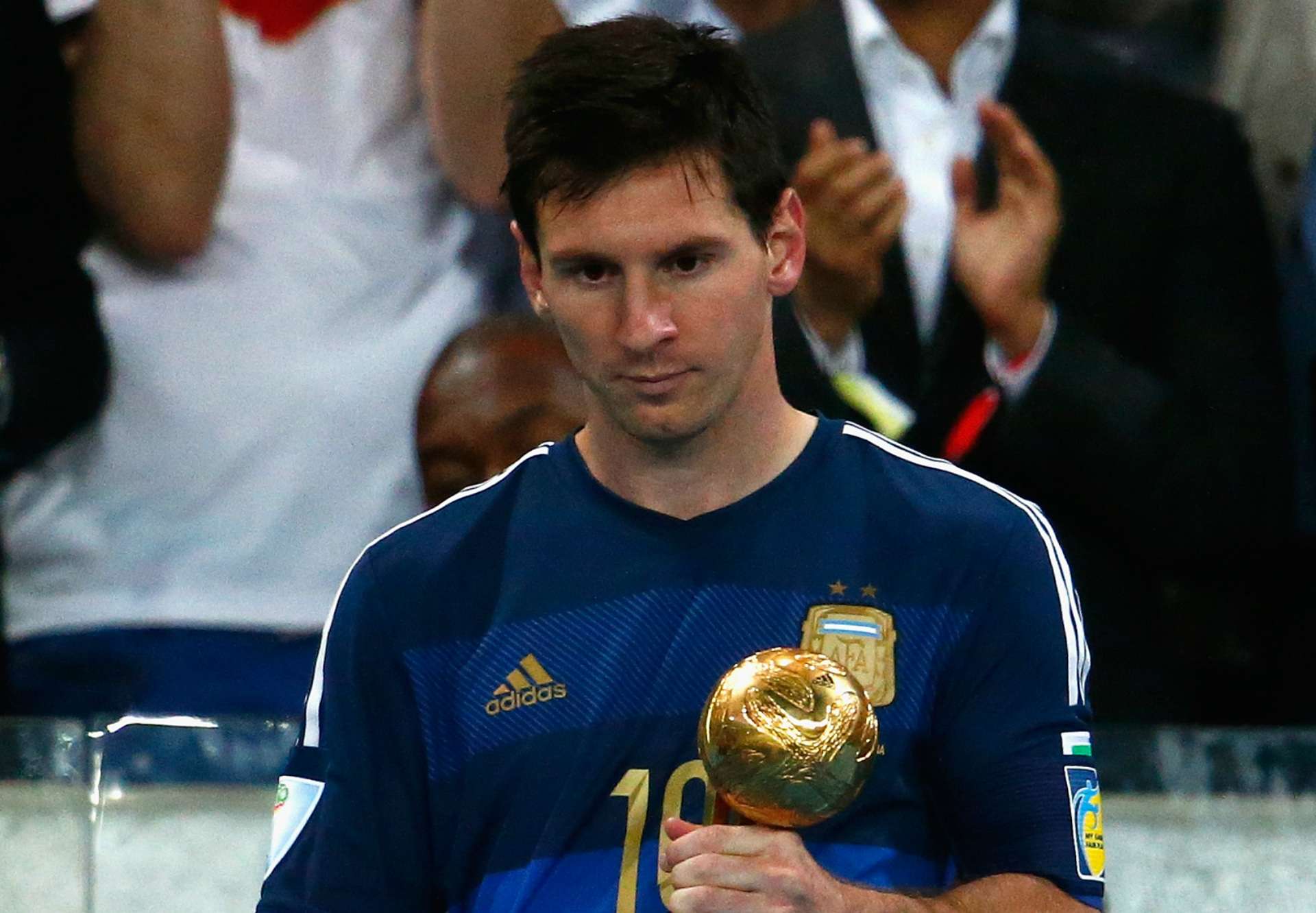The Fire That Started the Research
I gotta tell you, I never intended to spend three solid days of my life sitting in front of my monitor, re-watching the entirety of the 2014 World Cup runs for Argentina and Germany. It sounds like a punishment, not a project, especially that final. But the debate, man, it just won’t die.

The whole thing kicked off last Tuesday. I was scrolling through a sports forum, just chilling, when I hit a thread about the all-time greats. Predictably, someone jumped in and dropped the classic line: “Messi’s 2014 Golden Ball was a gift, pure and simple. He disappeared after the group stage.” I swear, this talking point is like a cockroach; you think you’ve smashed it, but it pops up again. I got legitimately pissed off. This wasn’t about just being a fan; it was about historical context being completely lost, replaced by a cheap, three-second highlight clip narrative.
I decided right there, enough was enough. I wouldn’t just argue with words; I was going to pull the receipts. My “practice” was set: a deep, unforgiving dive into those seven matches, analyzing not just what he did, but how much he was forced to do because of the dumpster fire around him. It became a personal mission to dissect the context the casual observer always ignores.

Diving Headfirst Into the Low-Scoring Grind
The first thing I did was block out the time. No distractions. This wasn’t a highlight reel job. You can’t judge a Golden Ball winner by the goals. You have to judge it by the heavy lifting, the moments that stop the bleeding. So, I procured the full match replays—no commentary, if possible, just the raw feed. I knew the stats already, so I focused purely on the eye test and ball progression.
I started with the Group Stage. Bosnia and Herzegovina, Iran, Nigeria. The narrative is always “Messi scored good goals.” True, but watching the full 90 minutes, I was charting every single pass he made that relieved pressure or advanced the play into the final third. I was forced to use my old, rough-and-ready notebook and just use tally marks. No fancy software needed, just good old analogue logging.
Here’s what I saw and jotted down, over and over again, that the stats don’t capture:

- The Iran Game: Before that last-minute screamer, I recorded three separate instances where he dropped to the center circle, collected the ball from the center-backs, and then had to dribble past two midfielders just to get the ball into their half. He was the deep-lying playmaker, the number 10, and the striker—all at once.
- The Knockouts (Switzerland, Belgium): The whole team had one gear: slow, cautious, pass it to Leo. I was logging the physical space he had to operate in. Teams weren’t just double-teaming him; they were triple-teaming him. In the Belgium match, I counted nineteen touches in the first half that directly led to an Argentine shot (even if it was a terrible one). The burden was insane.
- The Netherlands Semi-Final: This was the ultimate grind. I focused on his defensive contribution. He wasn’t just standing up top. He was tracking back to cover the full-back’s space because the defensive instructions were rigid and slow. He was visibly exhausted, but still the one creating the single best chance.
The Simple Truth and My Final Realization
I finished the marathon with the Germany Final. This is the match everyone points to as his failure. I watched it again with fresh eyes, having just steeped myself in the previous six games of his monumental effort. What did I realize? By the final, he was running on fumes, and the rest of the Argentine attack had utterly failed to step up. The Golden Ball isn’t for the final; it’s for the entire tournament performance.
The criteria for the award is the player who “best contributed to his team’s success.” And that’s where my practice paid off. Argentina, by any measure, had a mediocre squad outside of their spine. That squad only reached the final because one player carried an unprecedented creative and psychological load through the group stages and the narrow, defensive knockouts. My notes proved it wasn’t goals—it was pure, relentless contribution to ball retention and chance creation in a team structure that was honestly pretty dire.

So, did he deserve the Golden Ball? After slogging through about 10 hours of tape, making rough notes and watching those painfully defended matches, my practice confirmed my gut feeling. Yes, he did. Not for spectacular flashes, but for the sheer, brutal consistency of performance and the absolute necessity of his role from minute one of the tournament up until the final whistle. The award recognized the workload and the impact across the entire competition, something you only see when you stop arguing and start watching the full, messy picture. That’s the record I wanted to share.
